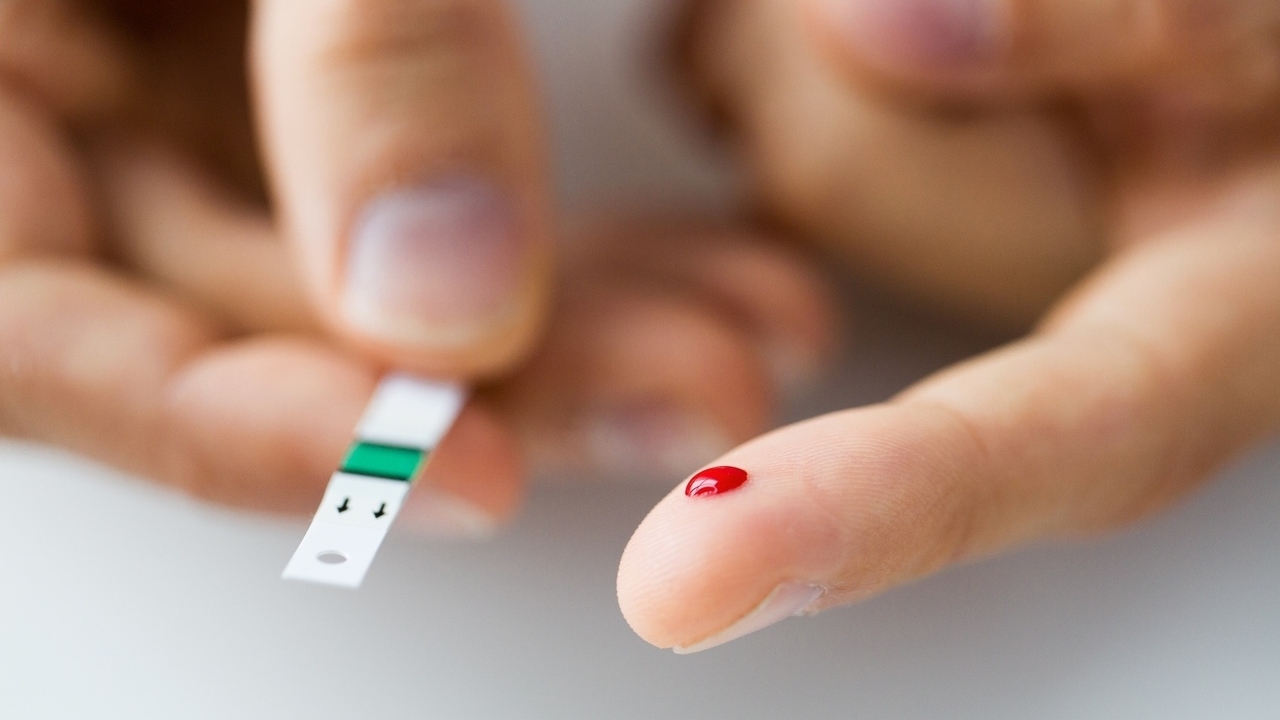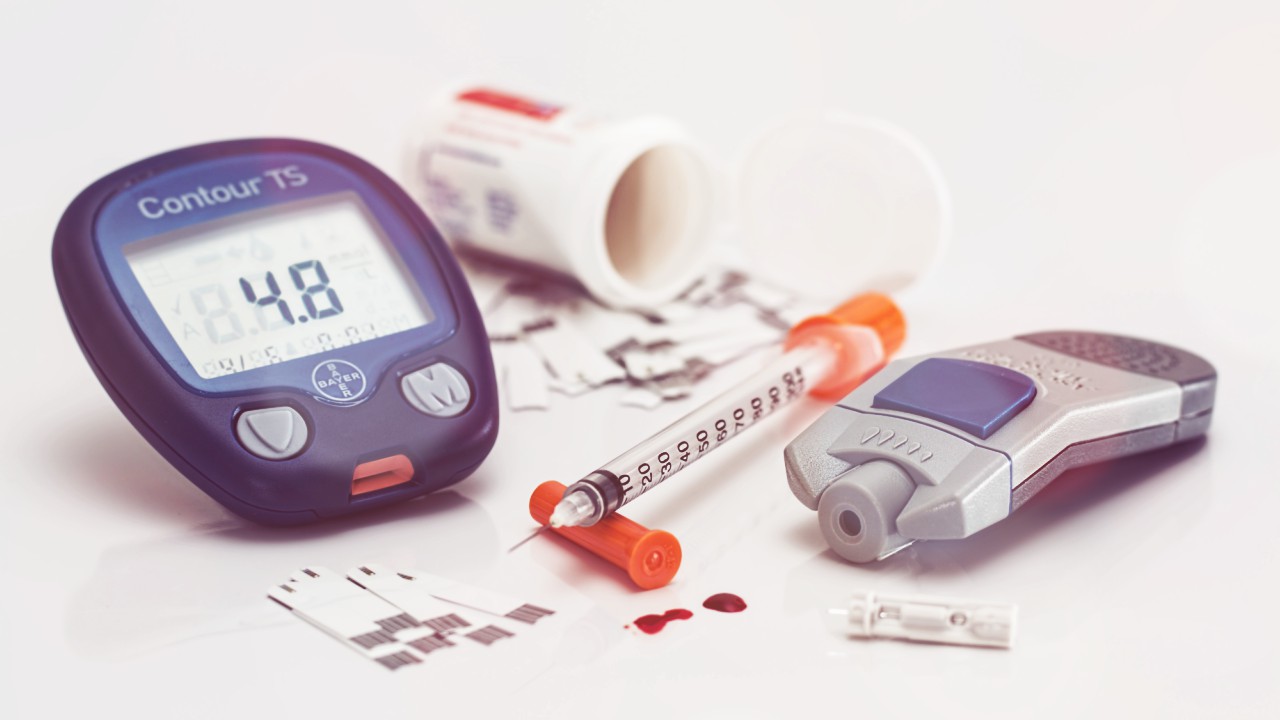According to the National Institute of Diabetes and Digestive and Kidney Diseases (NIDDK) more than eight percent of the U.S. population, or 25.8 million people, is affected by diabetes. Also, the NIDDK stated that diabetes is the seventh leading cause of death in the U.S.
Unfortunately, more than seven million people are walking around undiagnosed with diabetes.
The Centers for Disease Control and Prevention stated that "approximately $1 of $5 health care dollars in the U.S. is spent caring for someone with diagnosed diabetes, while approximately $1 of $10 health care dollars is attributed to diabetes."
The A1C test is one possible way to test for diabetes and measure your blood glucose level. The A1C test is different from the daily self blood glucose monitor test.
The A1C test is also called glycosylated hemoglobin or hemoglobin A1C. If you have diabetes, medical experts recommend that you have an A1C test every six months. However, your medical professional may recommend more frequent testing if you A1C test is high.
The A1C test consists of a simple blood draw. The test measures your glucose level from the past 2-3 months. The American Diabetes Association (ADA) said to think of your A1C test like a baseball player’s batting average.
For a doctor to perform the test, it costs between $50-$120 dollars. The cost will depend on where you live. You may have to go to a lab to have test performed, if your doctor doesn’t have on-site availability. Results should be returned in 24-72 hours.
Also, there is the option to purchase an at-home test. At-home A1C tests cost between $8.99-$25.99. This test will require you to give drops of blood on a film of paper. One company said they can have results returned within five days. Currently online reviews are mixed on the accuracy of results. Also, it is recommended to purchase a test from a "certified" lab.
The test results will be returned by a percentage:
• 6.5-7 percent is the target for people with diabetes (ADA recommendation)
• 5.7-6.5 percent is the range for pre-diabetes
• 4-6 percent is the range for someone who is not diabetic
Most insurance companies pay for the A1C test. However, contact your insurance company in advance if you have a question about cost coverage. Also, Medicare pays for the A1C test if it is ordered by your doctor and if you have diabetes. For more information about Medicare and diabetes you can visit the following link: http://www.medicare.gov/publications/pubs/pdf/11022.pdf
Sources:
http://www.reuters.com/article/2010/03/04/us-a1c-diabetes-idUSTRE62330820100304
http://www.ndep.nih.gov/media/KnowNumbers_Eng.pdf
http://diabetes.niddk.nih.gov/dm/pubs/statistics/#fast
http://www.cdc.gov/diabetes/consumer/research.htm
http://www.diabetes.org/living-with-diabetes/treatment-and-care/blood-glucose-control/a1c/
http://diabetes.niddk.nih.gov/dm/pubs/complications_control/
http://www.labtestsonline.org/understanding/analytes/a1c/test.html
http://www.diabetes.org/for-media/2009/international-expert-2009.html
Edited by Alison Stanton




Add a CommentComments
There are no comments yet. Be the first one and get the conversation started!